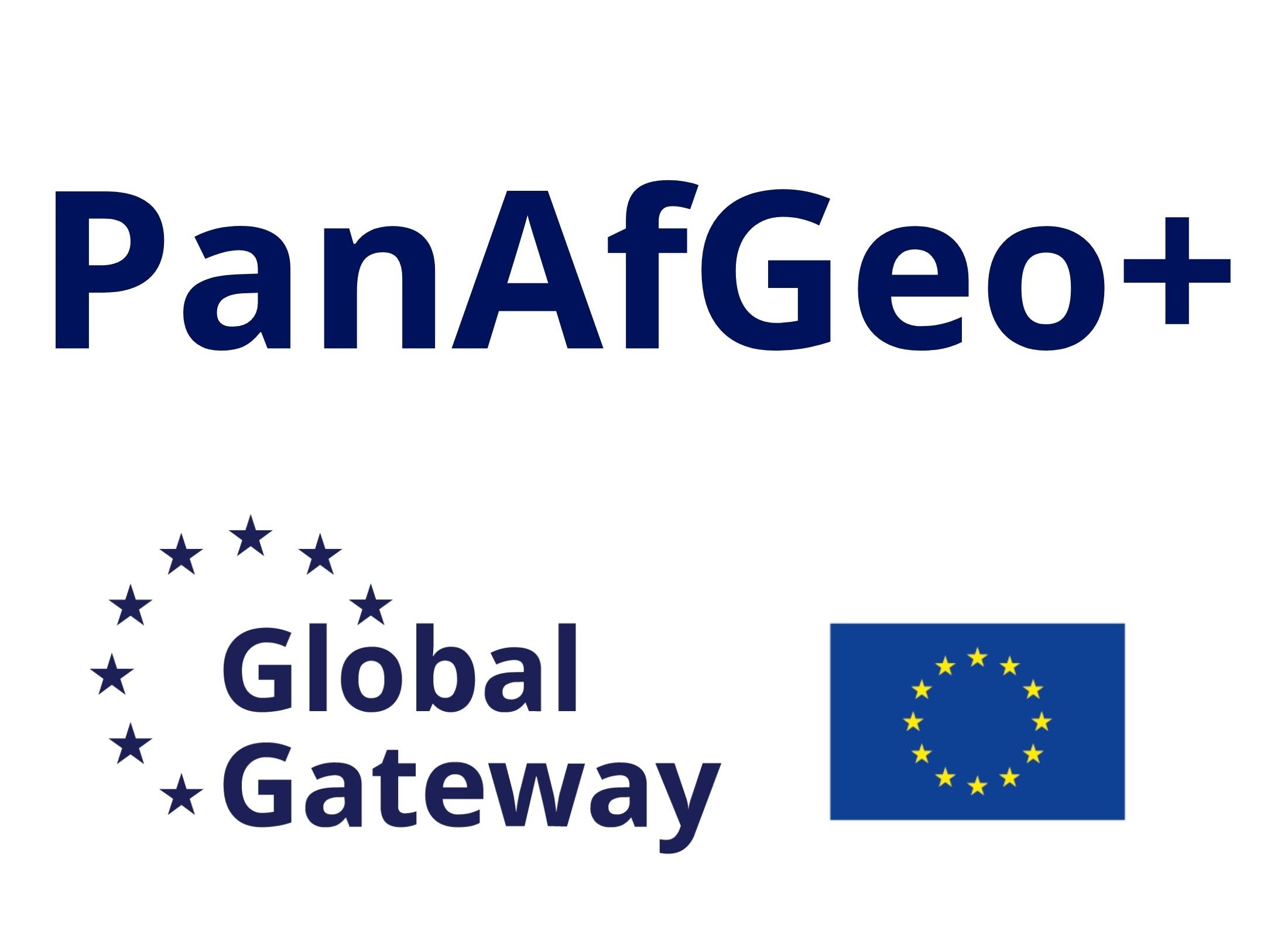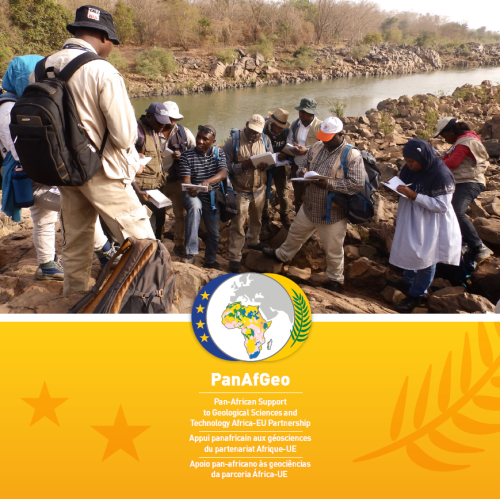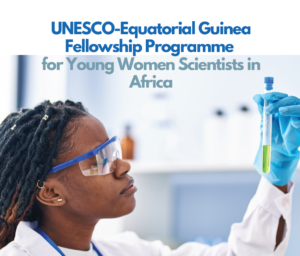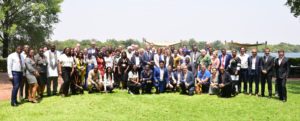The European Union – Africa Business Forum in “Engaging the private sector in sustainable and inclusive growth” has been a great success for the Geological Surveys of Africa and Europe engaged at the roundtable on ‘Raw materials and governance: Managing natural resources for inclusive development in Africa‘. The 5th EU-Africa Business Forum took place on the eve of the EU-Africa Summit, with the intention to give inputs and prepare the Summit 2 days-discussions (31 March-1 April). The Forum brought together more than 500 high-level representatives from European and African business, politics and public institutions. It developed through 12 Roundtables on various topics that focused on common challenges such as young people in today’s economies, the role of banks inclusive growth and financing issues for Small and Medium Enterprises (SMEs) and on specific issues such as raw material, risk capital, sustainable energy or space cooperation. During the Business Forum opening ceremony, the European Commission Vice President, Antonio Tajani, expressed his commitment to foster geological collaboration, in accordance with the EU Raw Material Diplomacy. This should benefit local populations and European companies that adopt a business model ethic compatible with the EU legislation. The President of European Commission, José Manuel Barroso, and the chairperson of the African Union Commission, Nkosazana Dlamini Zuma, reaffirmed the strategy to strengthen African sustainable development (infrastructure, agriculture, tourism, raw materials, young education) while enhancing EU business and trade with Africa. EuroGeoSurveys was invited at the Roundtable on Raw Materials, which was chaired in cooperation with the Organization of African Geological Surveys (OAGS), represented by the OAGS President Mrs Gabi Schneider. The participants, that included Euromines, Business Europe and other industrial players and institutions, discussed how to enhance a sustainable exploitation of the minerals wealth of the continent leading to a sustainable economic growth, along four axes: governance, infrastructure, knowledge base and waste management. Mrs Fatima Haram Acyl, African Commissioner for Trade and Industry, and Mr Karel De Gucht, European Commissioner for Trade were present at the debate. Mrs Acyl expressed full support to the geological cooperation, considered one of the most important and urgent needs to understand minerals resources potential in Africa and its sustainable development. It has emerged that geological knowledge and information should be increased by strengthening Geological Surveys capacity and geological cooperation, as indeed stated by Mrs Acyl. The roundtable stressed the importance of developing a good policy framework to attract investments, promote skills development and business education in the sector. This process should ensure environmental protection and the participation of local population in all part of the processes, also in the form of consultation. Geological Surveys data production and access has a remarkable impact, especially for business and development opportunities and to enable African countries to take informed decisions. In fact, the debate highlighted the importance of information in all areas, including geological knowledge, information on trade, education and business schools development, ownership of data, information access, access to data and related pricing policies. The Organisation of African Geological Surveys (OAGS) was pointed as the most suited body to coordinate common actions and synergies of individual African Geological Surveys, and to propose solutions and actions to improve the capacity of African countries to develop and control geological information. However, decisions in this direction, including the further empowerment of OAGS, should be taken at African Union level. Particular importance was also paid to the development of the artisanal and small scale mining and also to address the issue of conflict minerals. In line with the Forum purposes, the roundtable also engaged in the topics of education and development of skills for young people in Geology, not only during University but also through business schools. They have been considered key assets that require the coordination at continental level. The policy framework should support and facilitate public-private partnerships, which must lead to exploit sustainably the resources offered by the African continent. The public and private sectors should partner together, overcoming possible conflicts like in the case of infrastructure development. Last but not least, everybody agreed that Africa needs a structural transformation that requires time and that is unfortunately long overdue. This is the main reason to consider the key of success establishing long term integrated strategies that will not let such a transformation awaited any longer.
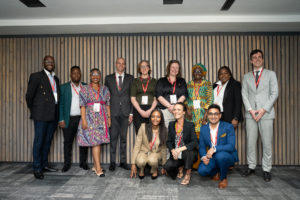
PanAfGeo: Advancing Africa’s Geoscience Future with PanAfGeo+
PanAfGeo-2 seized the spotlight at Mining Indaba 2025 this week,
